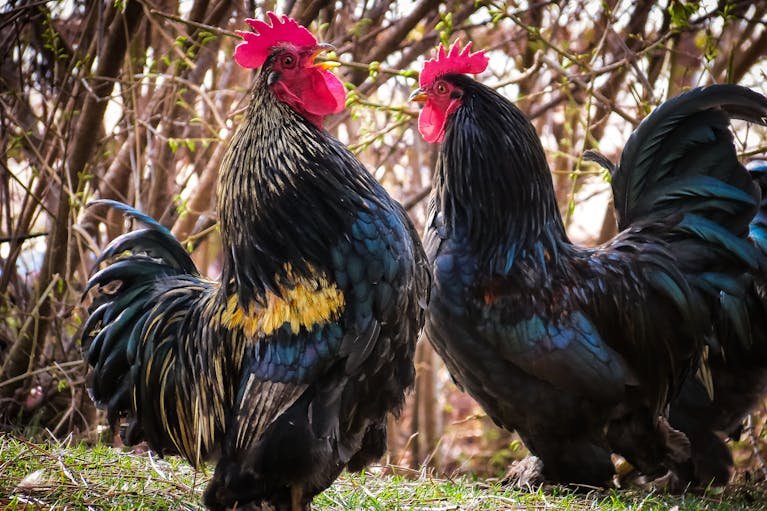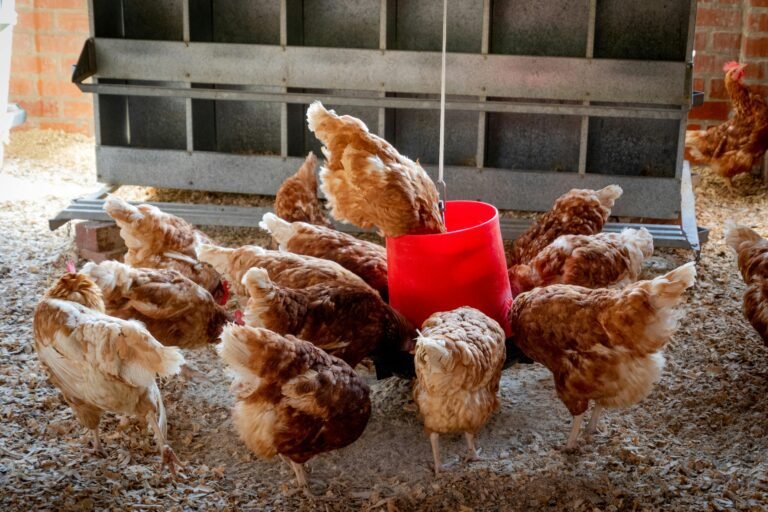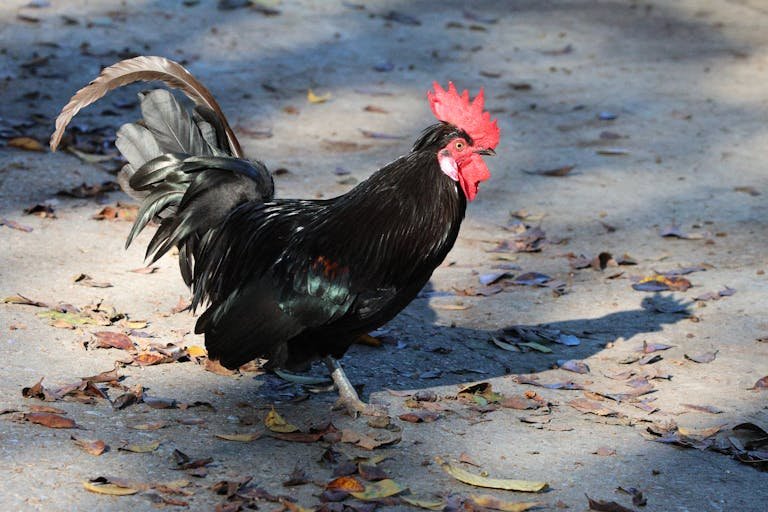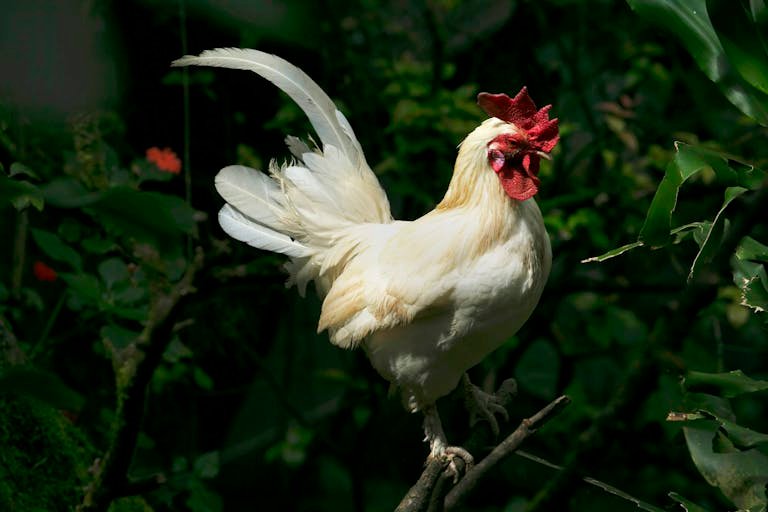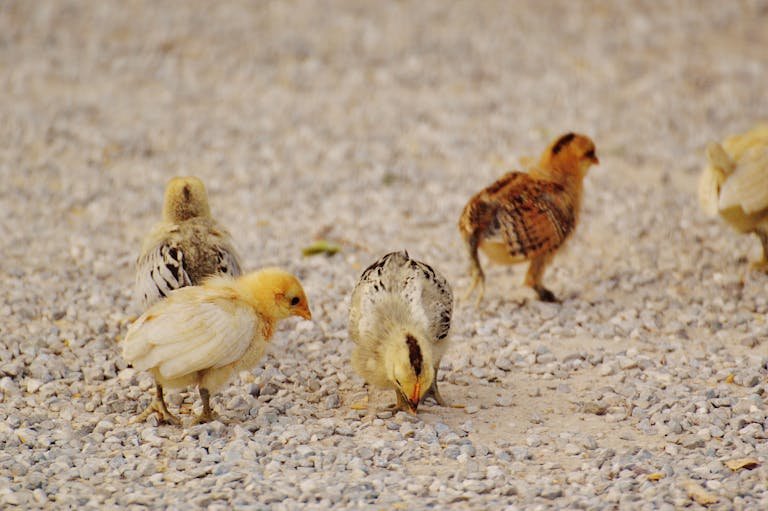Newcastle Disease: Protect Your Flocks from This Deadly Avian Flu
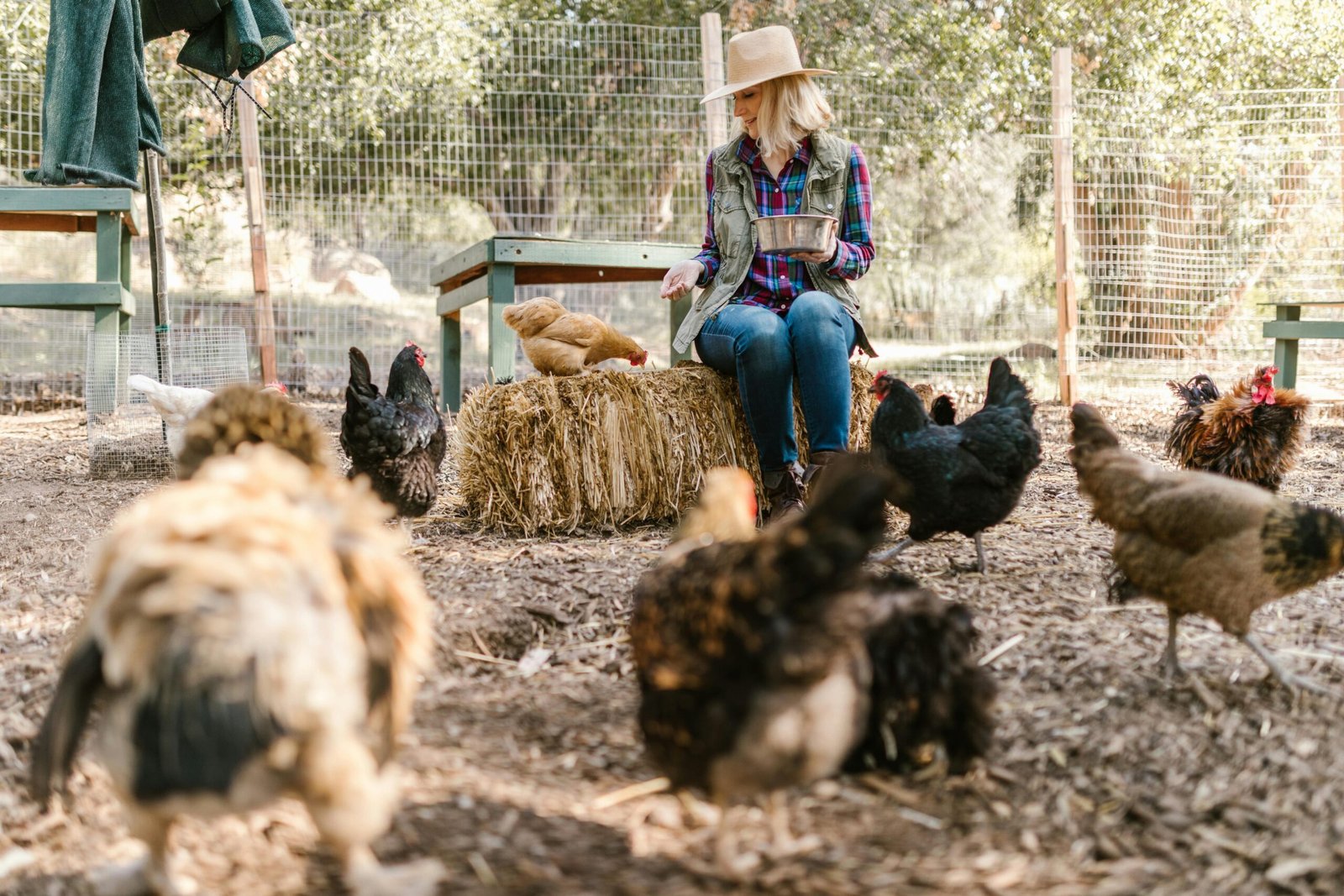
Newcastle disease is one of the most serious viral infections that affects poultry worldwide. It is highly contagious and can lead to devastating losses for both small-scale and commercial poultry operations. Understanding how to prevent and control this disease is key to protecting your flock. While there is no direct treatment for Newcastle disease, effective prevention strategies, and strict control measures can significantly reduce its spread and impact. In this blog, I will walk you through the essential steps to safeguard your poultry from this deadly disease.
What is Newcastle Disease?
Newcastle disease is caused by the Newcastle Disease Virus (NDV), a paramyxovirus that can infect both domestic and wild birds. The virus affects the respiratory, digestive, and nervous systems of birds, leading to severe symptoms such as respiratory distress, tremors, and even paralysis. In severe cases, it can cause high mortality rates, especially in unvaccinated birds.
Key Symptoms of Newcastle Disease
- Respiratory Symptoms: Coughing, sneezing, nasal discharge, and labored breathing.
- Neurological Symptoms: Tremors, head twisting, and paralysis in severe cases.
- Digestive Symptoms: Diarrhea, loss of appetite, and dehydration.
- Other Signs: Sudden death, reduced egg production, and misshapen eggs.
Now that you understand what Newcastle disease is and how it manifests, let’s dive into how you can protect your flock through prevention and control.
Prevention Strategies
While there is no cure for Newcastle disease, prevention is your best defense. Implementing strong biosecurity protocols and staying vigilant will help you safeguard your poultry.

Vaccination
Vaccination plays a critical role in preventing Newcastle disease outbreaks. Newcastle Disease Vaccine, B1 Type, LaSota Strain are effective. By vaccinating your poultry, you help them build immunity against the virus, reducing the likelihood of widespread infection.
Regular Vaccination
A routine vaccination program is a must for any poultry operation. The schedule will vary depending on the age, type, and geographical location of your poultry. The younger birds, especially chicks, should be vaccinated early to ensure they develop immunity at an early stage.
- Chick Vaccination: Typically, chicks are vaccinated within their first week of life, followed by booster shots as they grow.
- Layer and Broiler Vaccination: Layers and broilers may require different schedules, so consult with your veterinarian to create a tailored vaccination plan for your flock.
Vaccine Types
There are two main types of vaccines used to protect against Newcastle disease:
- Live Attenuated Vaccines
Live attenuated vaccines contain a weakened version of the virus that stimulates the bird’s immune system. These vaccines provide strong and fast immunity but may not be suitable for all birds due to the mild disease they can cause in immunocompromised flocks. - Inactivated Vaccines
Inactivated vaccines contain killed versions of the virus. These vaccines tend to be safer for more vulnerable birds but require multiple doses to provide adequate immunity.
It’s important to consult your veterinarian to determine which type of vaccine is most appropriate for your poultry.
Proper Handling
Vaccines are only effective when handled and administered correctly. Ensure that you:
- Store vaccines at the correct temperature (usually refrigerated).
- Administer vaccines using sterile syringes or equipment.
- Follow the manufacturer’s instructions carefully.
- Use the vaccines within their expiry date to maintain potency.
Biosecurity Measures
A solid biosecurity plan is the backbone of Newcastle disease prevention. Biosecurity measures are designed to prevent the introduction and spread of infectious diseases on your farm.
Quarantine
Introducing new birds to your flock can be risky, as they may be carriers of the virus without showing symptoms. It’s vital to isolate any new birds for at least 2–4 weeks before integrating them with your existing flock.
- Monitor: Watch for any signs of illness during the quarantine period.
- Test: If possible, have a veterinarian test the new birds for Newcastle disease before releasing them into the main flock.
Hygiene
Maintaining clean facilities and practicing good hygiene is crucial for preventing disease transmission.
- Clean Regularly: Clean and disinfect all poultry housing, equipment, and feeding areas regularly. Dirty environments provide breeding grounds for viruses.
- Sanitize: Ensure all visitors and farmworkers disinfect their hands, boots, and equipment before entering the poultry area.
- Fresh Bedding: Change bedding frequently to avoid contamination from droppings.
Visitor Control
Limiting who enters your poultry facilities can help minimize the risk of introducing the virus. Newcastle disease can easily spread through people who unknowingly carry the virus on their shoes or clothing.
- Limit Visitors: Only allow essential personnel to access the poultry areas.
- Protective Gear: Ensure that all visitors wear protective gear such as disposable shoe covers, gloves, and gowns.
Rodent and Pest Control
Rodents, wild birds, and insects can carry and spread Newcastle disease. An effective pest control program is essential.
- Seal Entry Points: Ensure that poultry houses are sealed and protected from rodents and wild birds.
- Traps and Baits: Use traps and baits to control rodent populations.
- Pest Screens: Install screens on windows and ventilation systems to keep out pests.
Waste Management
Properly disposing of waste and dead birds is crucial for preventing the spread of Newcastle disease.
- Dispose Safely: Dead birds should be removed immediately and disposed of by incineration or burial. Avoid leaving carcasses exposed, as they can become a source of infection.
- Compost Manure: Properly compost poultry manure to kill any pathogens.
Disease Surveillance
Surveillance is a proactive approach to identifying and controlling disease outbreaks. Keeping a close eye on your flock’s health can help you respond quickly if Newcastle disease strikes.
Monitor for Symptoms
Regularly checking your birds for symptoms is one of the simplest yet most effective ways to catch an outbreak early.
- Daily Checks: Observe your birds closely for any signs of respiratory issues, changes in behavior, or neurological symptoms.
- Record Keeping: Keep detailed records of your flock’s health, including any abnormalities, production levels, or mortality rates.
Report Outbreaks
In the event of an outbreak or suspicion of Newcastle disease, it’s critical to report it immediately to the appropriate veterinary authorities. Early reporting helps prevent the disease from spreading further.
- Notify Authorities: Contact your local veterinary office or agricultural department if you suspect Newcastle disease.
- Cooperate Fully: Work closely with authorities to implement necessary control measures.
Control Measures in Case of an Outbreak
If Newcastle disease does infiltrate your flock, immediate action is required to prevent the spread and minimize damage.
Isolation
Quarantine is the first step to containing the disease. Isolate infected birds from the rest of the flock to prevent further transmission.
- Separate Sick Birds: Move sick birds to a designated isolation area far from healthy birds.
- Limit Movement: Restrict movement between the isolation area and other parts of the farm.
Depopulation
In severe cases, especially if the outbreak is widespread, depopulation (culling) may be necessary. Although it’s a difficult decision, depopulation can save the remaining healthy birds and prevent the spread of the virus to other farms.
- Humane Culling: Ensure that the culling process is done humanely and in accordance with local regulations.
- Safe Disposal: Properly dispose of culled birds to avoid further contamination.
Disinfection
After isolating or culling infected birds, thorough disinfection of the affected area is necessary.
- Disinfect All Surfaces: Clean and disinfect poultry housing, equipment, feeding areas, and any contaminated tools.
- Use Approved Disinfectants: Ensure that you use disinfectants that are effective against viruses.
Restriction of Movement
To prevent Newcastle disease from spreading beyond your farm, restrict the movement of birds, equipment, and personnel.
- Lockdown: Impose a lockdown on your farm, restricting any external movement of poultry products.
- Monitor Movement: Keep track of any essential movement and ensure that disinfectant footbaths and vehicle disinfection stations are used.
Additional Considerations
Wild Bird Management
Wild birds, especially waterfowl and other migratory species, can act as carriers of Newcastle disease. It’s essential to manage the wild bird population around your farm.
- Install Bird Netting: Use netting around poultry houses to prevent wild birds from entering.
- Monitor Nearby Wildlife: Keep an eye on any nearby bird populations, and take action if they show signs of illness.
Emergency Preparedness
Developing an emergency plan before an outbreak happens ensures that you’re ready to act quickly if Newcastle disease strikes.
- Contingency Plan: Have a written plan that outlines what actions to take in the event of an outbreak, including isolation, depopulation, and reporting protocols.
- Supplies on Hand: Keep necessary supplies such as disinfectants, vaccines, and personal protective equipment in stock.
Consult a Veterinarian
Finally, always seek advice from a qualified veterinarian when it comes to managing your flock’s health.
- Veterinary Consultations: A veterinarian can help you create a vaccination schedule, guide biosecurity measures, and offer specific recommendations tailored to your flock’s needs.
Read Also: Is Fowl Pox Contagious? Discover the Truth & Protect Your Flock
Final Words
In conclusion, while there is no direct treatment for Newcastle disease, prevention and control strategies can significantly reduce its impact. Vaccination, biosecurity, surveillance, and emergency preparedness are essential components in protecting your flock. Taking the right steps now will ensure that you are ready to face any potential outbreaks and minimize the damage to your poultry operation.
